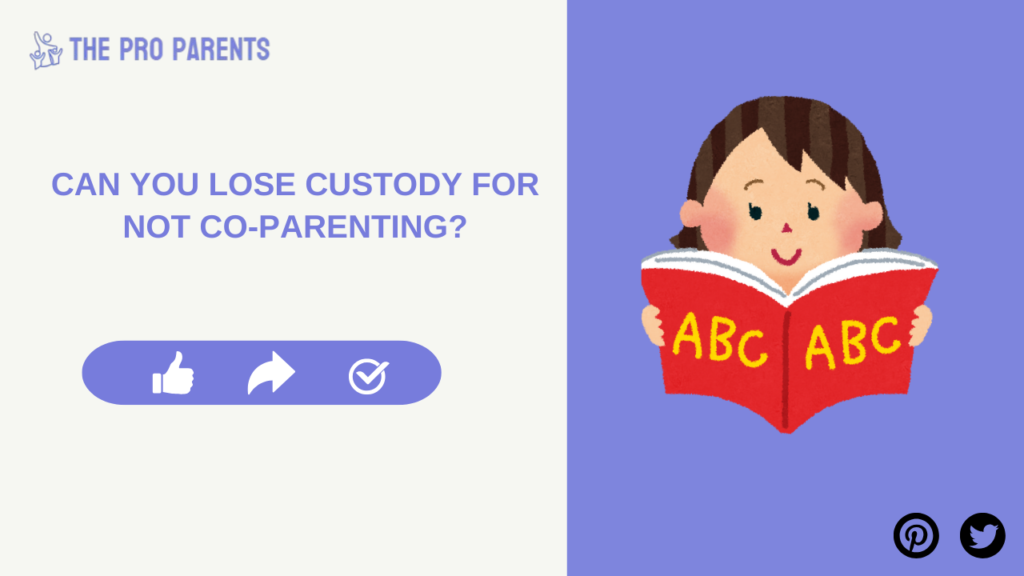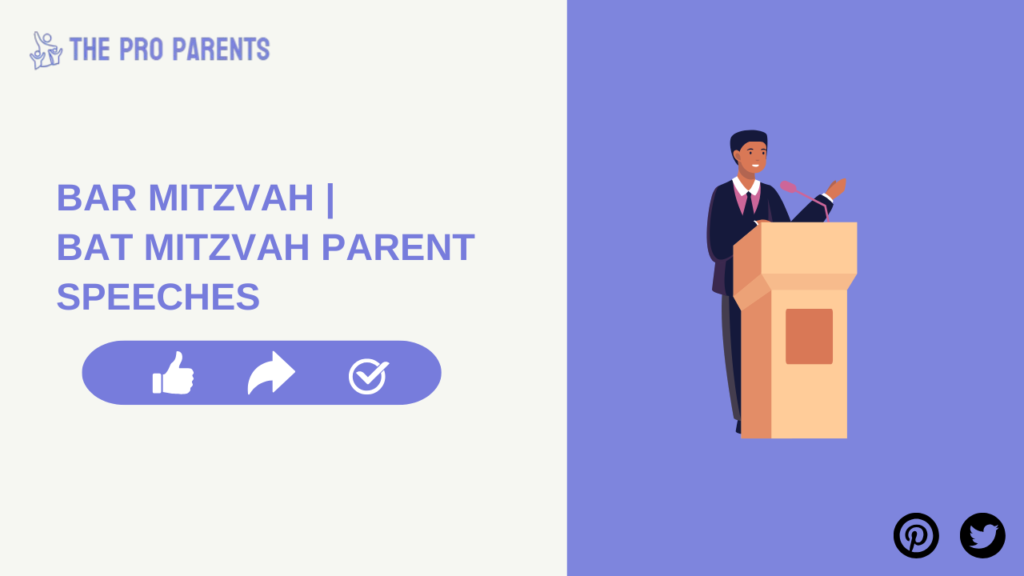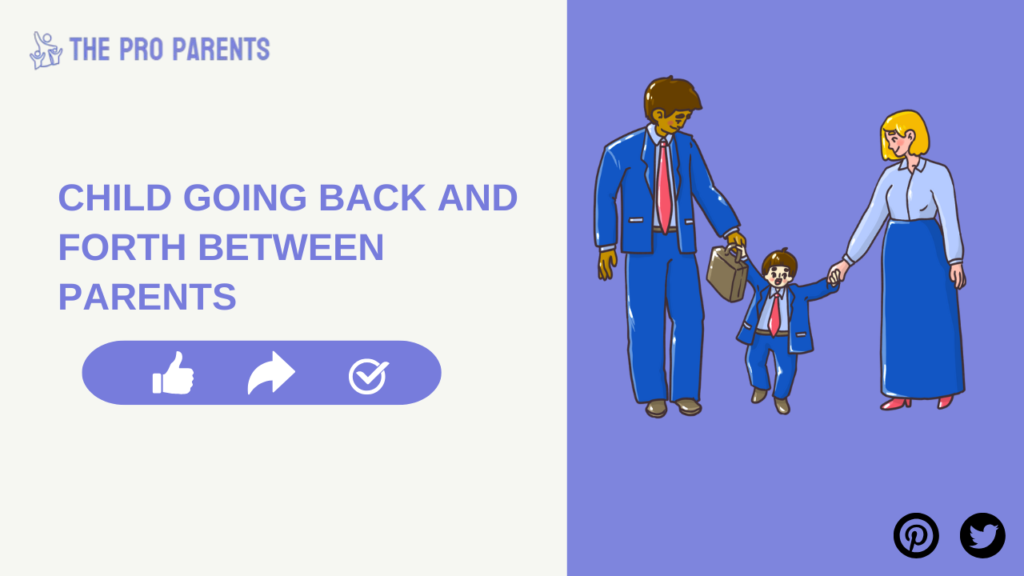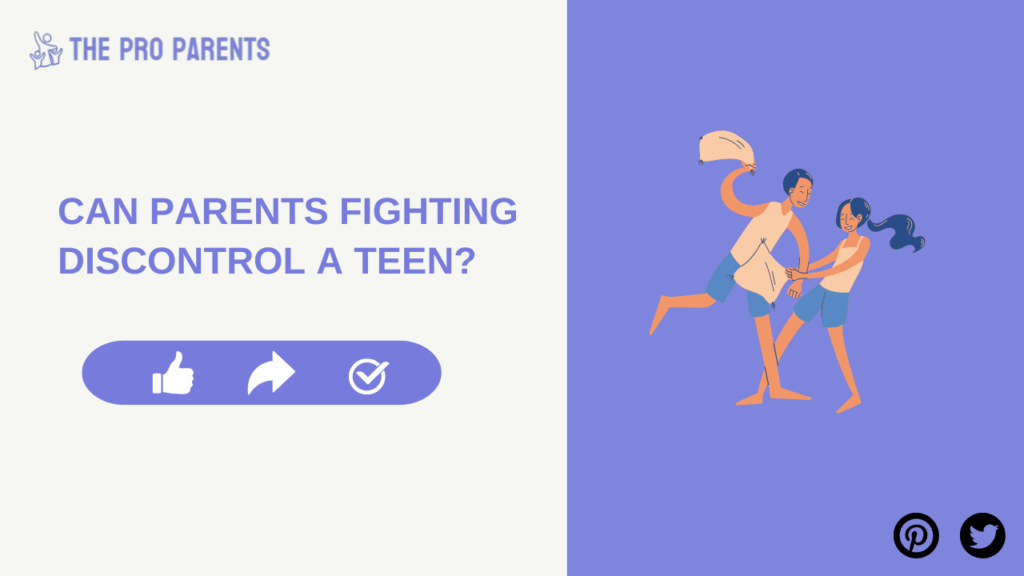Custody disputes are often emotionally charged, with each parent wanting the best for their child. However, the courts aim to prioritize the child’s welfare above all, and effective co-parenting plays a pivotal role in ensuring this. One critical question often arises in custody battles: Can you lose custody for not co-parenting?
Table of Contents
The short answer is yes. Courts consider the ability to co-parent as a crucial factor in determining custody arrangements. A parent who consistently refuses to work collaboratively with the other parent can jeopardize their custody rights.
This guide explores co-parenting in-depth, the legal implications of not co-parenting, and strategies to improve co-parenting dynamics.
What Is Co-Parenting?
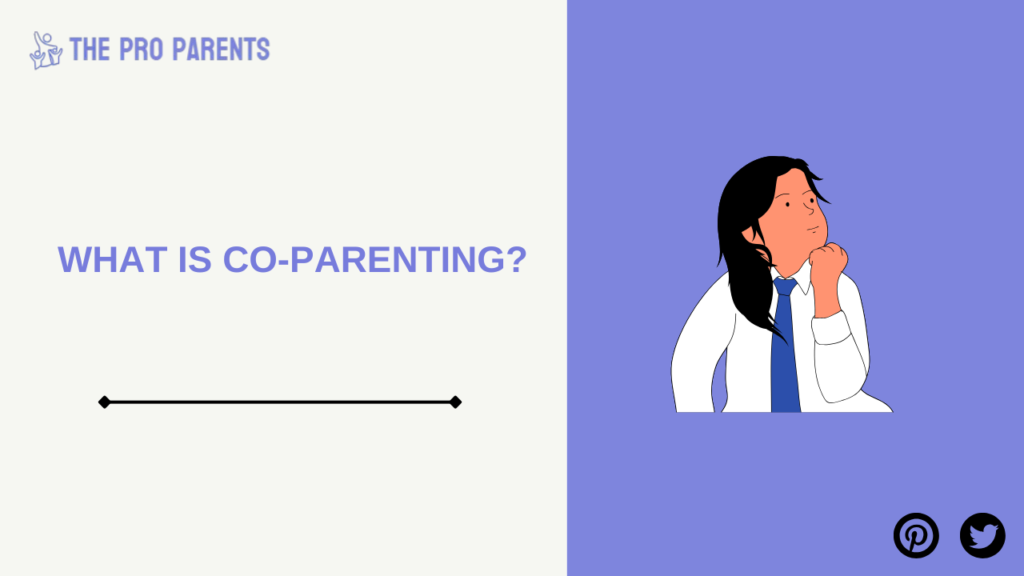
Co-parenting is more than just sharing custody. It is a collaborative approach to raising children after separation or divorce, focusing on creating a nurturing and stable environment. Co-parenting involves:
- Open, respectful communication between parents.
- Shared decision-making about the child’s education, healthcare, and extracurricular activities.
- Adherence to custody and visitation agreements.
- Resolving disputes amicably without involving the child.
Effective co-parenting puts the child’s needs first and minimizes conflict.
Why Is Co-Parenting Critical in Custody Cases?
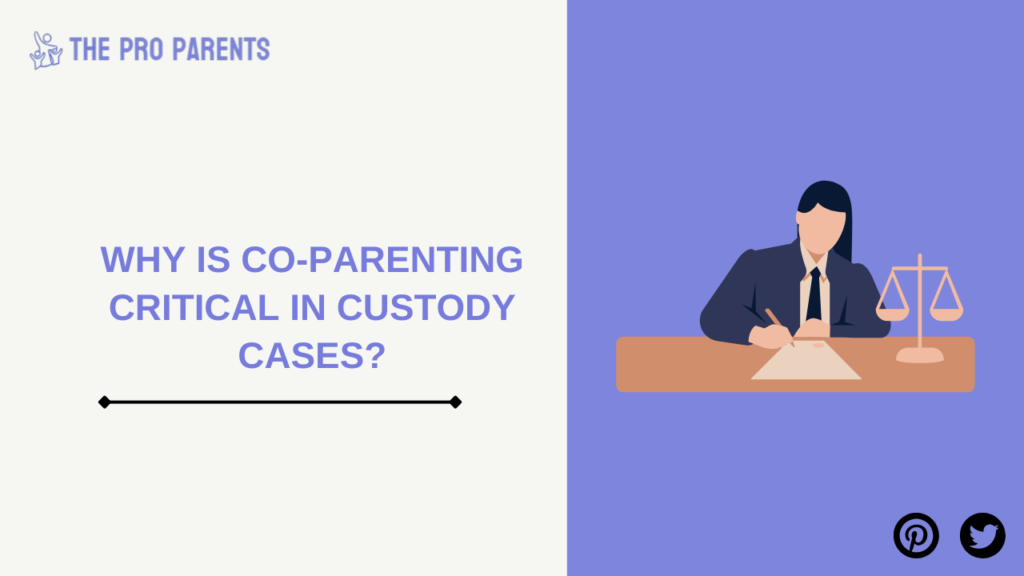
The Child’s Best Interests Standard
Family courts operate on the principle of the “child’s best interests.” This standard evaluates which parent can provide a more stable, supportive, and harmonious environment. Co-parenting is integral to this evaluation. Parents who work together demonstrate emotional maturity and prioritize their child’s well-being, which courts view favorably.
How Poor Co-Parenting Affects Children
Children exposed to parental conflict can face significant emotional and psychological challenges, including:
- Anxiety, depression, and low self-esteem.
- Difficulty forming healthy relationships later in life.
- Behavioral issues and poor academic performance.
Courts recognize these risks and intervene when a parent’s refusal to co-parent harms the child.
Examples of Poor Co-Parenting
Here are specific behaviors that indicate poor co-parenting and could lead to custody loss:
- Refusal to Communicate: Ignoring messages or failing to discuss important decisions.
- Badmouthing the Other Parent: Making derogatory remarks about the co-parent in front of the child.
- Interfering with Visitation: Preventing the other parent from spending agreed-upon time with the child.
- Using the Child as a Messenger: Putting the child in the middle of conflicts.
- Disrupting Routines: Failing to provide consistency in the child’s daily schedule.
Each of these actions creates instability for the child and reflects poorly on the parent during custody hearings.
The Legal Implications of Not Co-Parenting
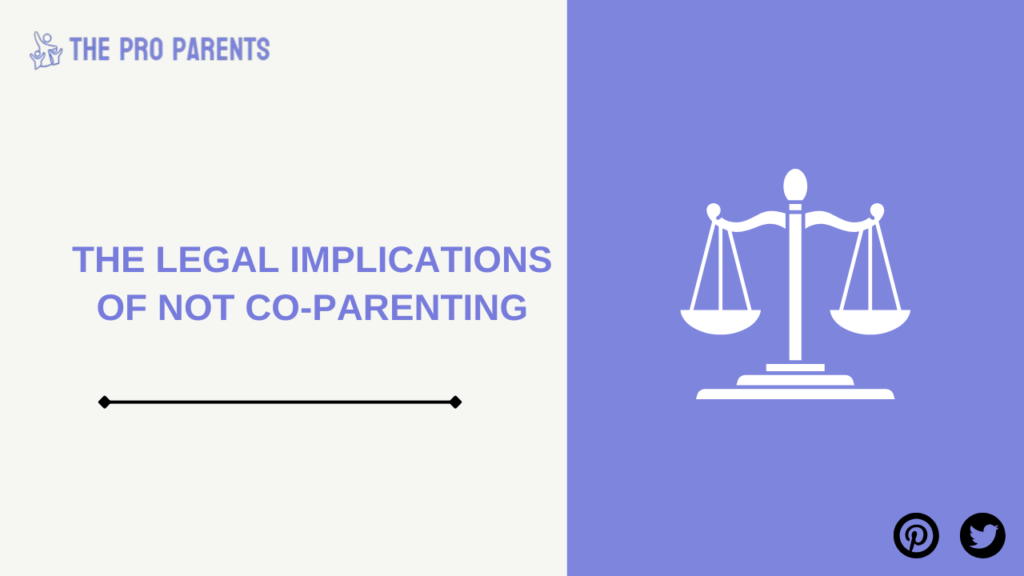
How Courts Evaluate Co-Parenting Ability
Judges assess several factors to determine a parent’s willingness to co-parent:
- Communication: Does the parent communicate respectfully and regularly with their co-parent?
- Flexibility: Is the parent willing to compromise for the child’s benefit?
- Consistency: Does the parent adhere to custody agreements and maintain a stable routine?
- Support for the Child’s Relationship with the Other Parent: Does the parent encourage a healthy bond between the child and the other parent?
Consequences Not Co-Parenting to loose child
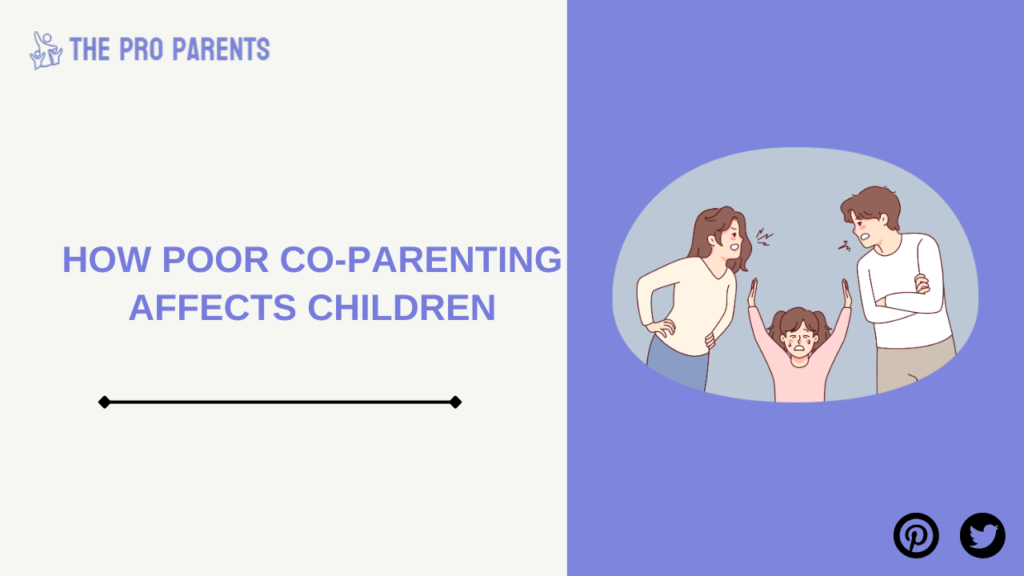
Failing to co-parent can lead to:
- Loss of Custody: Courts may award custody to the more cooperative parent.
- Reduced Visitation Rights: A non-cooperative parent may face supervised visitation or limited contact.
- Fines or Legal Penalties: Repeated violations of custody agreements can result in financial or legal consequences.
The Psychological Impact of Co-Parenting on Children
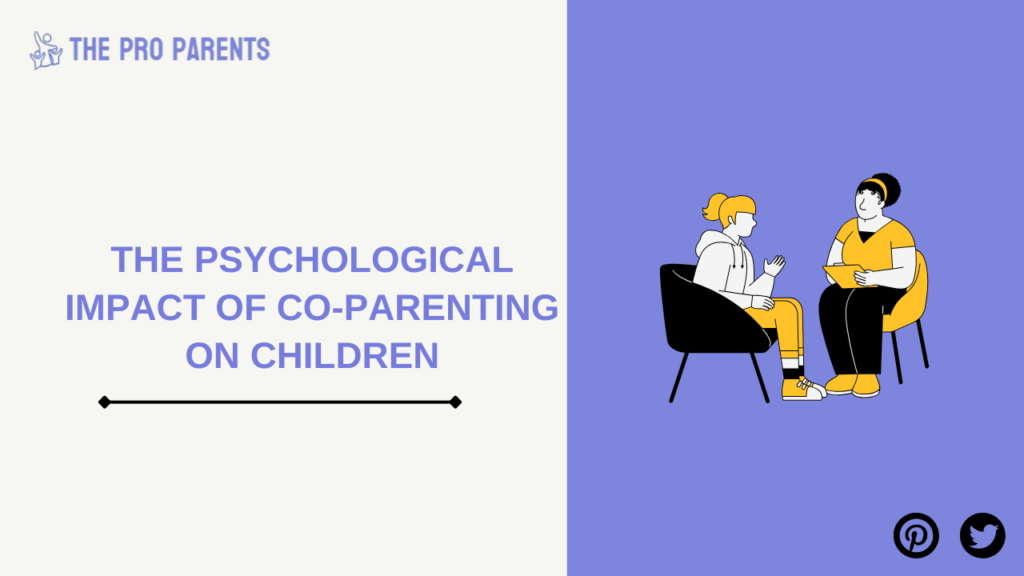
Benefits of Co-Parenting
When parents cooperate effectively, children experience:
- Emotional Security: They feel loved and supported by both parents.
- Better Academic Performance: Stability at home translates to improved focus in school.
- Healthier Relationships: Observing respectful communication teaches children conflict resolution.
Risks of Poor Co-Parenting
In contrast, children exposed to conflict may develop:
- Behavioral Issues: Aggression, withdrawal, or difficulty managing emotions.
- Mental Health Challenges: Anxiety, depression, or feelings of guilt.
- Strained Parental Relationships: The child may distance themselves from one or both parents.
How to Improve Co-Parenting Dynamics
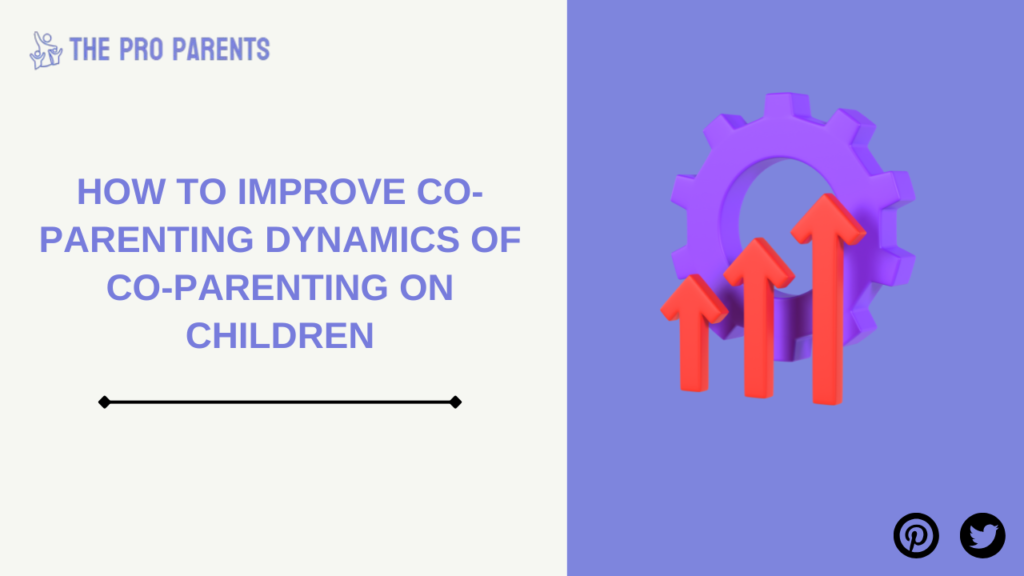
1. Establish Clear Boundaries
Clearly define roles, responsibilities, and communication methods to reduce misunderstandings.
2. Use Technology to Your Advantage
Co-parenting apps like OurFamilyWizard, Cozi, or Talking Parents can simplify scheduling and communication, minimizing conflict.
3. Seek Mediation or Counseling
Professional mediators or family counselors can help resolve disputes and improve communication.
4. Focus on the Child’s Needs
Prioritize what’s best for the child, even if it means compromising with the co-parent.
5. Practice Emotional Control
Avoid reacting impulsively. Take time to process emotions before addressing conflicts.
Crafting a Strong Co-Parenting Plan
A well-thought-out co-parenting plan can serve as a foundation for cooperation. Here’s what to include:
- Custody Schedule: Specify visitation times, holidays, and vacation plans.
- Communication Protocols: Define how and when parents will communicate.
- Decision-Making Responsibilities: Clarify who decides on education, healthcare, and extracurricular activities.
- Conflict Resolution Methods: Outline steps for resolving disputes, such as mediation.
- Financial Agreements: Detail how child-related expenses will be shared.
The Role of Emotional Intelligence in Co-Parenting
Co-parenting is about more than just adhering to custody agreements—it requires emotional intelligence (EI) to navigate the challenges effectively. Parents often wonder, “Can you lose custody for not co-parenting?” The answer lies in understanding how poor co-parenting behavior, often tied to a lack of emotional intelligence, can influence court decisions.
Why Emotional Intelligence Is Crucial for Co-Parenting
Failing to co-parent effectively often stems from difficulties in managing emotions and empathizing with the other parent. Courts view these struggles unfavorably, as they can disrupt a child’s stability. Here’s why emotional intelligence is essential:
- Enhanced Communication: Parents with high EI can avoid misunderstandings and communicate constructively.
- Conflict Management: Instead of escalating disputes, they focus on finding solutions that benefit the child.
- Child-Centered Focus: Emotional intelligence allows parents to prioritize their child’s needs, a key factor in custody rulings.
- Court Favorability: Judges look for evidence of cooperative parenting, and EI plays a significant role in demonstrating this.
How to Build Emotional Intelligence in Co-Parenting
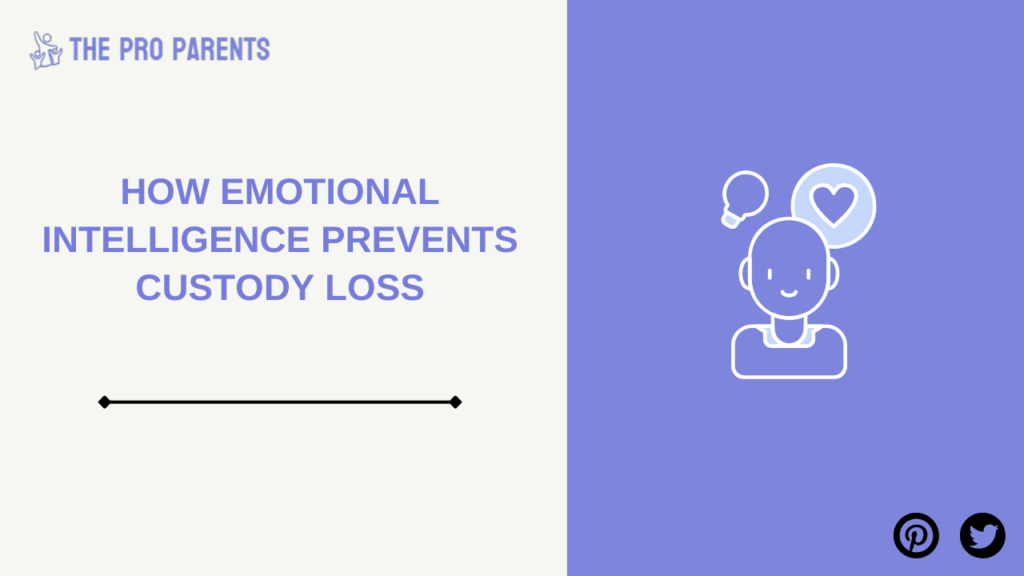
To prevent situations that could lead courts to question your co-parenting ability, work on developing emotional intelligence through these actionable steps:
- Self-Regulation: Avoid reacting impulsively to disagreements. Take time to cool down and respond thoughtfully.
- Empathy Development: Understand the perspectives and emotions of your co-parent to foster a cooperative relationship.
- Active Listening: Pay attention to what your co-parent is saying without interrupting, ensuring both parties feel heard.
- Child-Focused Discussions: Keep conversations centered on what’s best for your child, rather than personal grievances.
- Therapeutic Support: Seek counseling to learn how to manage emotions effectively and enhance co-parenting dynamics.
How Emotional Intelligence Prevents Custody Loss
Failing to co-parent due to emotional challenges can result in courts questioning your ability to act in the child’s best interests. Behaviors such as refusing to communicate, making unilateral decisions, or undermining the other parent’s authority are red flags during custody evaluations. By developing emotional intelligence, parents can avoid these pitfalls and strengthen their custody case.
Case Studies: Real-Life Examples of Co-Parenting and Custody
Case 1: Successful Co-Parenting
After a contentious divorce, John and Lisa attended co-parenting counseling to improve their communication. They established a detailed plan, using a co-parenting app to manage schedules. Result: The court granted joint custody, commending their efforts to prioritize their child’s well-being.
Case 2: High-Conflict Parenting
Mark consistently violated visitation agreements and badmouthed his ex-spouse to their child. The court found his actions detrimental to the child’s welfare. Result: Custody was awarded to the cooperative parent, with Mark’s visitation rights significantly restricted.
The Role of Legal Support in Co-Parenting
If co-parenting issues persist, consulting a family lawyer can provide guidance and protect your rights. Legal options include:
- Requesting Mediation: A neutral mediator can help resolve disputes.
- Filing for Custody Modification: Courts may adjust custody arrangements if one parent refuses to co-parent.
- Seeking Enforcement of Custody Agreements: Legal action can ensure compliance with visitation schedules.
FAQs About Co-Parenting and Custody
What happens when you can’t co-parent?
Failing to co-parent can cost you custody, reduce visitation, or even endanger your parental rights—courts prioritize your child’s stability.
What happens if neither parent has legal custody?
Without legal custody, a guardian or family member may be appointed, ensuring your child’s safety and care until proper custody arrangements are made.
How to split custody of a child?
Split custody involves clear, fair agreements on visitation and decisions, focusing on your child’s best interests for a balanced, stable upbringing.
What is the biggest mistake in a custody battle?
The biggest mistake is refusing to co-parent—undermining the child’s stability and hurting your case in court, risking custody loss.
How to lose 50/50 custody?
Disrupting visitation, ignoring custody plans, or sabotaging the other parent’s relationship with the child can lead to losing 50/50 custody.
Final Thoughts
Co-parenting is essential for ensuring your child’s emotional and psychological well-being after separation or divorce. Parents who prioritize collaboration and respect are not only fostering a stable environment for their child but also demonstrating to the court their commitment to the child’s best interests.
If you’re struggling with co-parenting, take proactive steps to address the issues. Whether through counseling, legal support, or personal reflection, improving your co-parenting dynamic can make a significant difference in your child’s life—and in the outcome of custody arrangements.
At TheProParents.com, we’re here to guide you through the complexities of co-parenting and custody. Explore our resources to empower yourself and build a brighter future for your family.
